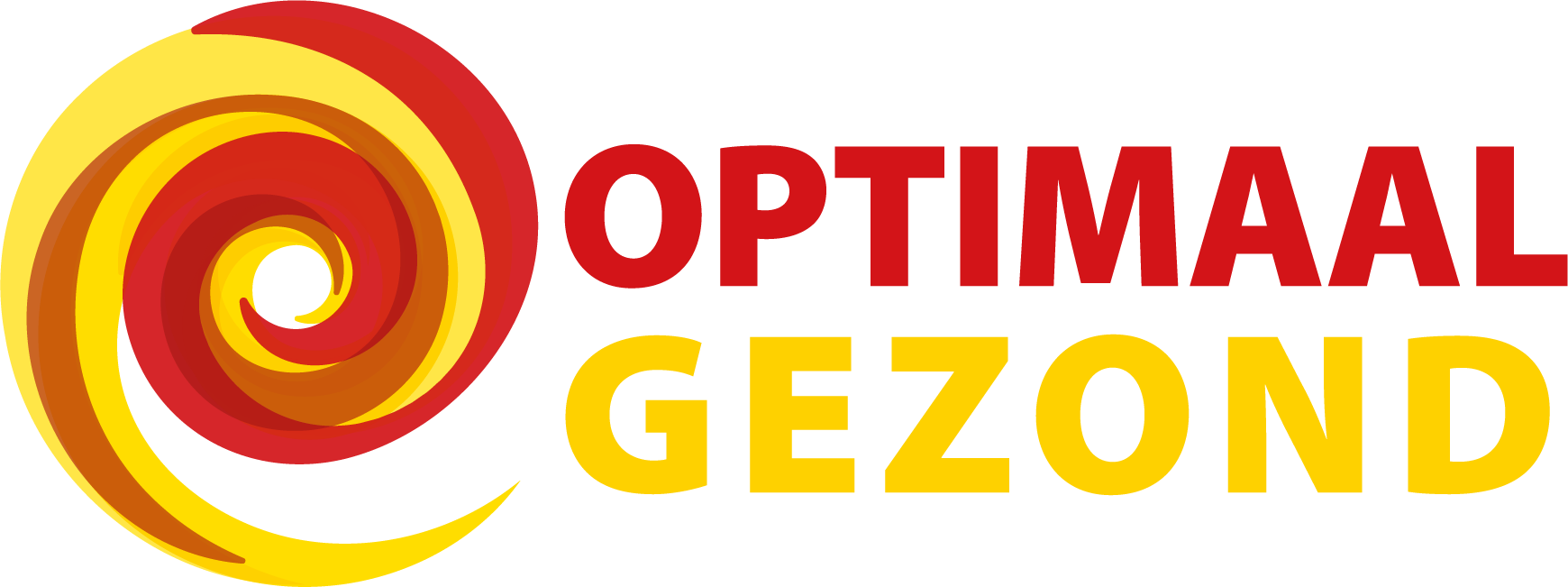There are no products in your shopping cart yet.
Effect of alcohol on testosterone in men

In this blog, we delve into the relationship between testosterone and alcohol. What is the impact of moderate drinking and heavy drinking on testosterone production in men? What is the hypothalamic-pituitary-adrenal (HPA) axis, and how does alcohol affect this axis? What role does the liver play in testosterone production?
Difference Between Occasional Drinking and Daily Drinking on Testosterone
A few glasses of alcohol can temporarily increase testosterone in men. You might feel this effect immediately, feeling strong, confident, fun, and successful. However, this effect is short-lived, and testosterone levels quickly drop again. Regular and heavy drinking, unfortunately, has a negative effect on testosterone production in men. This is mainly related to the hypothalamic-pituitary-adrenal (HPA) axis, a crucial system in our body that helps regulate stress responses, energy levels, and various other bodily functions.
The Hypothalamic-Pituitary-Adrenal (HPA) Axis
Before discussing the influence of alcohol on testosterone, it's important to understand the HPA axis. What is it, and how does it work?
The HPA axis consists of three key components:
- Hypothalamus: A part of the brain that acts as a control center, detecting changes in the body, such as stress, and signaling the pituitary gland to release hormones like CRH and vasopressin.
- Pituitary Gland: A small gland at the base of the brain that responds to signals from the hypothalamus by releasing hormones like ACTH, which influence the adrenal glands.
- Adrenal Glands: Small glands located above the kidneys that respond to pituitary hormones by releasing stress hormones like cortisol, helping the body cope with stress.
The entire system works together to regulate the body's response to stress. When there is excessive or prolonged stress, the HPA axis can become overactive.
The Impact of Alcohol on the HPA Axis
-
Stress Response:
Alcohol can reduce the perception of stress in the brain, making people feel less stressed but also potentially leading to an inappropriate response to stressful situations. It can disrupt normal HPA axis activity, resulting in irregular and unpredictable stress responses. -
Cortisol:
Alcohol can alter the release of the stress hormone cortisol from the adrenal glands, leading to increased or decreased cortisol levels, affecting the body's response to stress. -
Sleep:
Alcohol can reduce sleep quality, which is essential for regulating the HPA axis. Disrupted sleep due to alcohol use can further affect the HPA axis's function. Some people report sleeping better after consuming alcohol, but this is misleading as alcohol negatively impacts sleep quality. -
Inflammation:
Excessive alcohol consumption can lead to inflammation in the body, activating the HPA axis and disrupting the endocrine system. -
Toxicity:
Alcohol can be directly toxic to the cells of the hypothalamus and pituitary gland, disrupting their normal function.
Long-term and/or excessive alcohol use can therefore disrupt the HPA axis. But how does the HPA axis relate to testosterone production?
The Impact of Frequent and/or Heavy Drinking on Testosterone in Men
Occasional alcohol consumption can temporarily increase testosterone levels. However, frequent drinking has a different effect on testosterone in men.
Long-term and chronic alcohol consumption, daily or most of the week, can lead to a decrease in testosterone levels. Heavy drinking also has this effect. How does this happen?
Reduced Release of Gonadotropin-Releasing Hormone (GnRH):
The hypothalamus plays a central role in regulating testosterone production. When the HPA axis is disrupted, the hypothalamus may reduce GnRH release. GnRH stimulates the pituitary gland to produce luteinizing hormone (LH) and follicle-stimulating hormone (FSH), which in turn stimulate the testes to produce testosterone. Less GnRH results in less stimulation of the testes, leading to decreased testosterone production.
Reduced Release of LH and FSH:
If the pituitary gland produces less LH and FSH due to a disrupted HPA axis, this directly impacts testosterone production, as LH plays a crucial role in stimulating Leydig cells in the testes to produce testosterone.
Direct Effects on the Testes:
Excessive alcohol use, drug use, certain medications, and other factors can directly damage the testes, reducing testosterone production. This effect is separate from the hypothalamus and pituitary gland but can also contribute to lowering testosterone levels.
Increased Conversion of Testosterone to Estrogen:
-
Some disturbances in the HPA axis can increase the conversion of testosterone to estrogen, leading to an unfavorable testosterone-to-estrogen ratio for men and causing symptoms of low testosterone.
Other Influences of Alcohol on Testosterone Production
Liver:The liver plays a crucial role in metabolizing alcohol. Repeated and excessive alcohol consumption can cause liver damage, such as fatty liver, hepatitis, and cirrhosis. The liver also plays a crucial role in converting testosterone into other forms, including estradiol, a form of estrogen. Liver problems can disrupt this conversion, leading to a hormonal imbalance and related symptoms.
People with excess abdominal fat are at a higher risk of fatty liver disease, as abdominal fat releases hormones and chemicals that can affect the liver and lead to fatty liver development.
Disruption of Hormonal Balance
Alcohol can disrupt the body's hormonal balance, increasing cortisol and lowering testosterone levels. This imbalance can lead to low testosterone symptoms, such as reduced libido, fatigue, and muscle loss. Disrupting hormonal balance can cascade effects on overall health and well-being.
Inflammation and Oxidative Stress
Excessive alcohol consumption can cause inflammation and oxidative stress in the body, damaging the liver and other tissues and further disrupting hormonal balance.
Nutrient Absorption
Alcohol can affect nutrient absorption in the intestines, impacting the availability of essential nutrients for testosterone production. Reduced absorption of these nutrients can contribute to decreased testosterone production.
The net effect of excessive alcohol consumption on testosterone levels is often a decrease, leading to symptoms of low testosterone, including reduced libido, energy levels, and muscle mass. It is essential to note that moderate alcohol consumption is generally less harmful to hormonal balance, but it doesn't contribute to fitness and health.
No comments found.
 English
English


